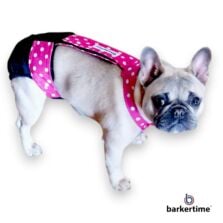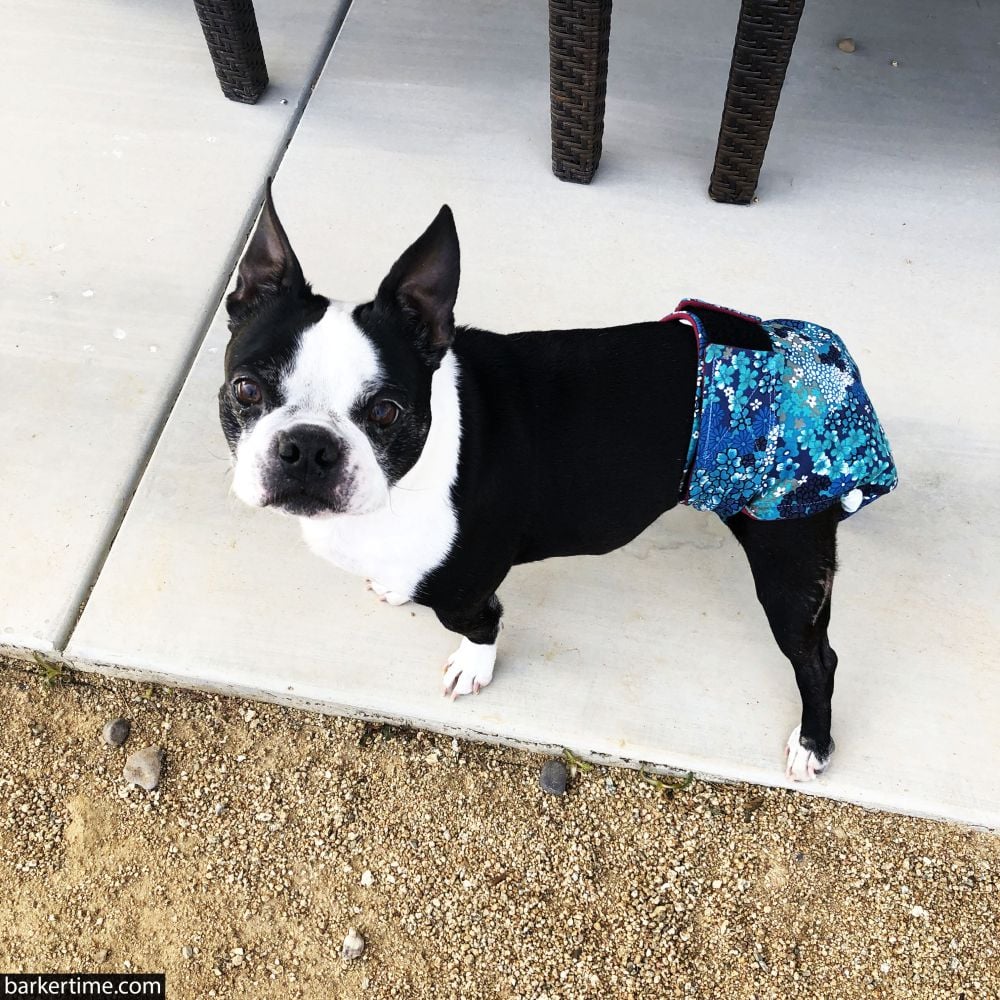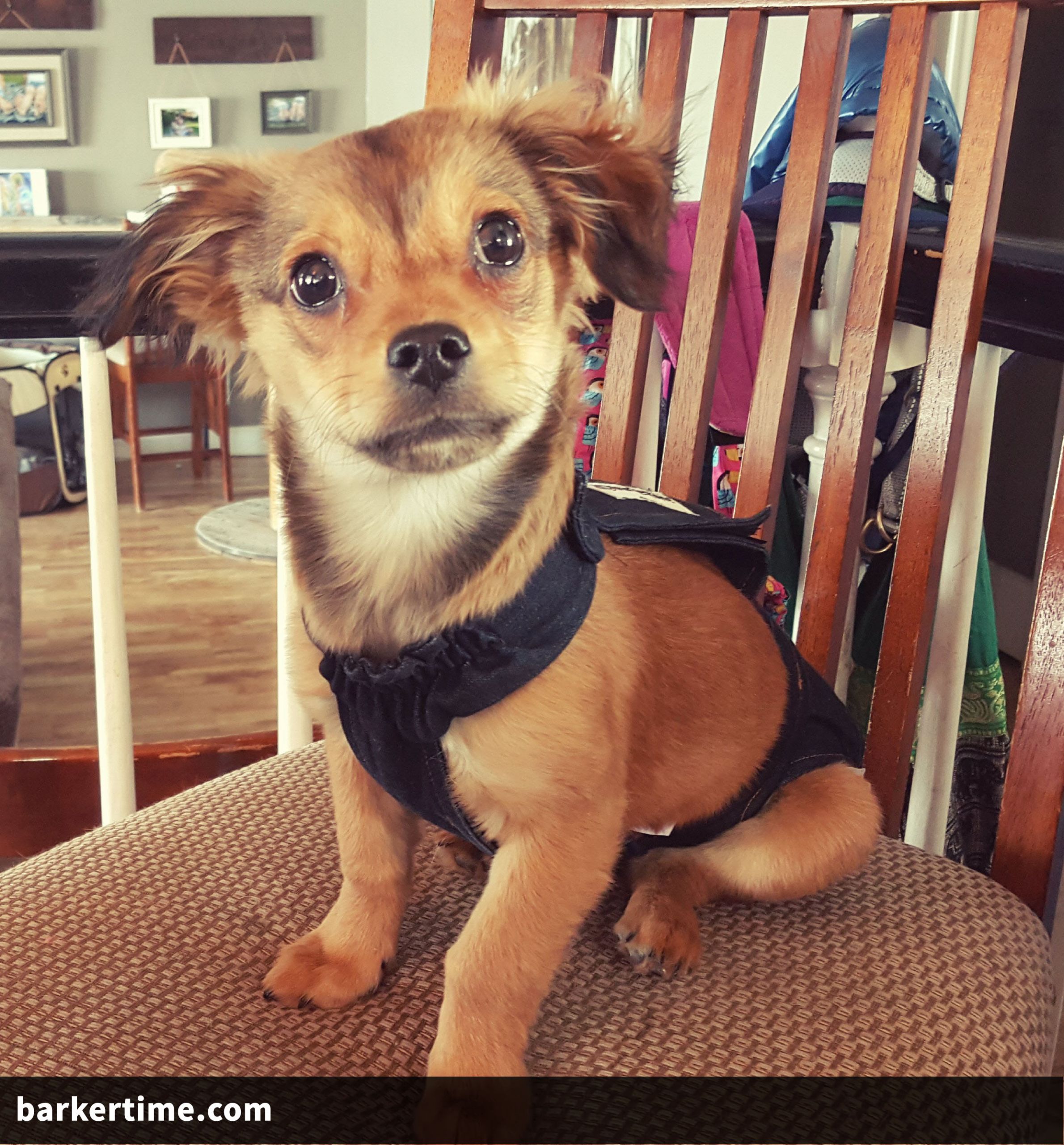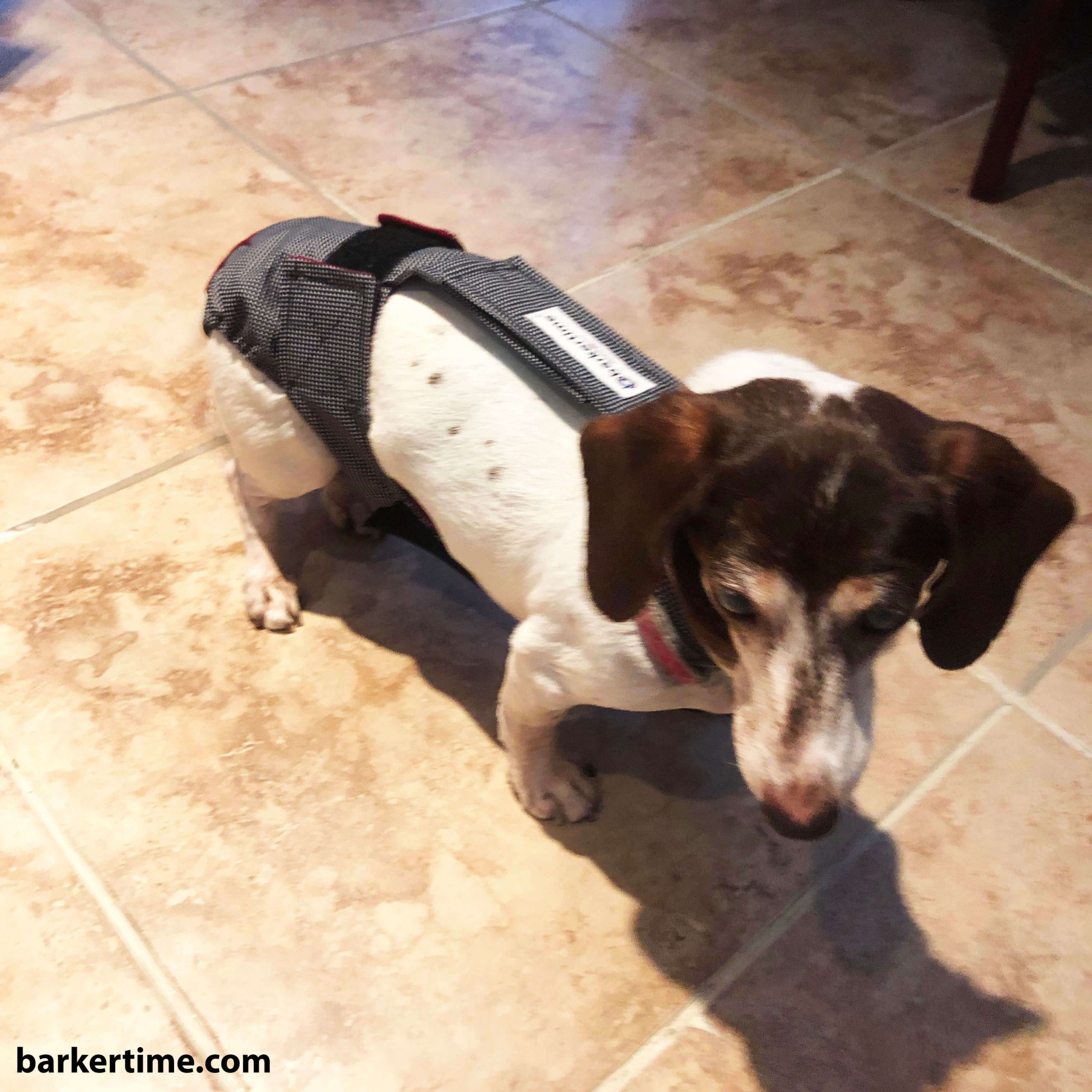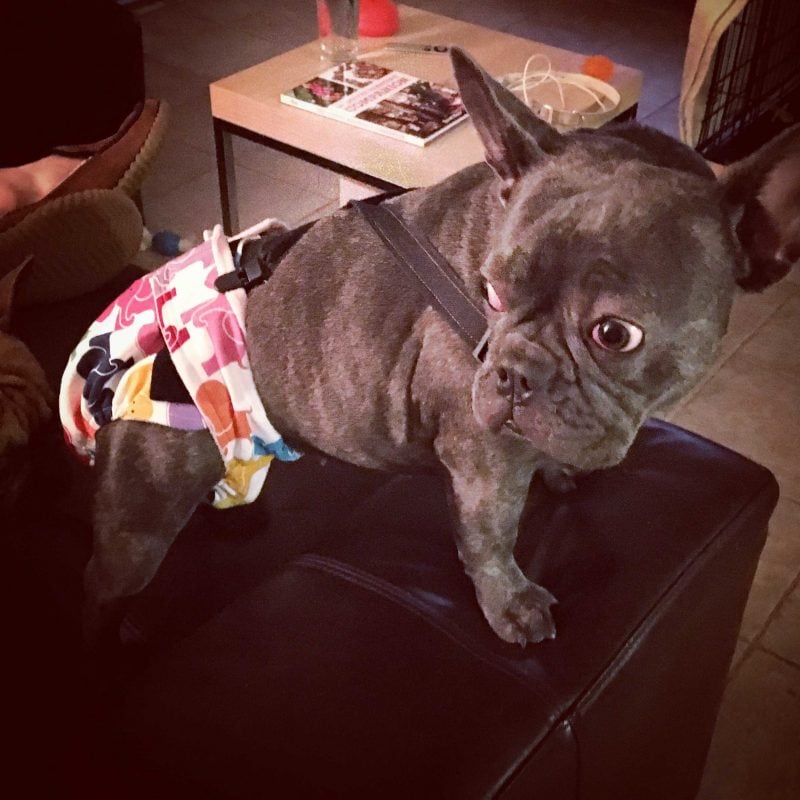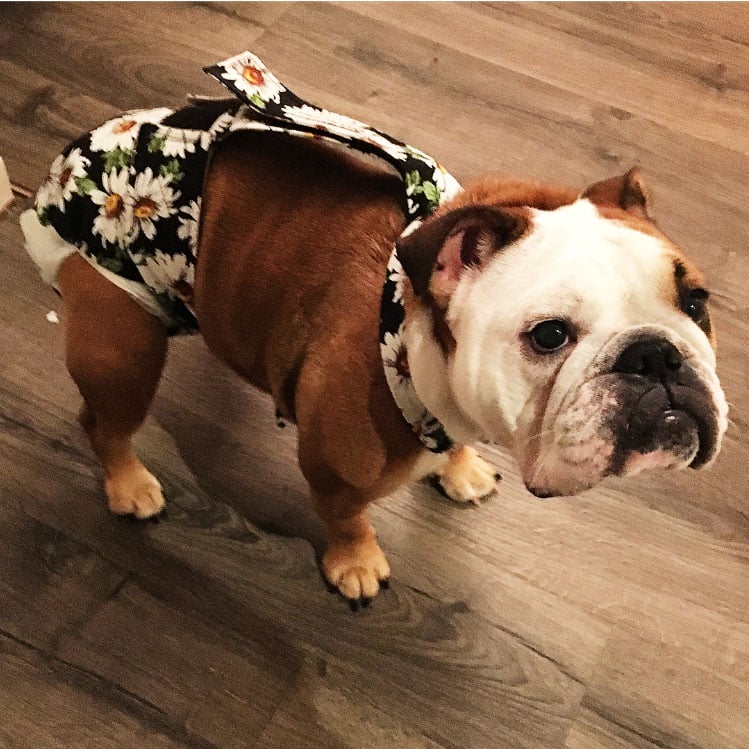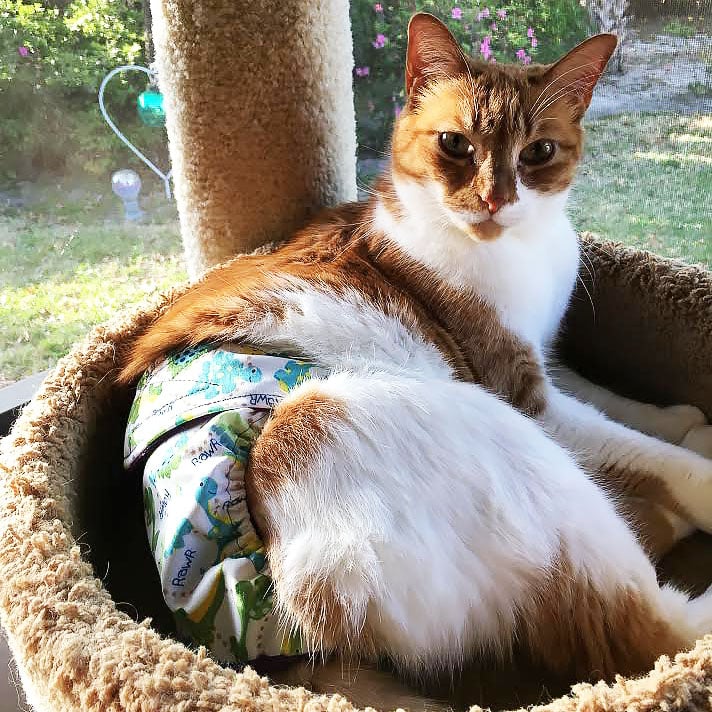What causes urinary incontinence in dogs?
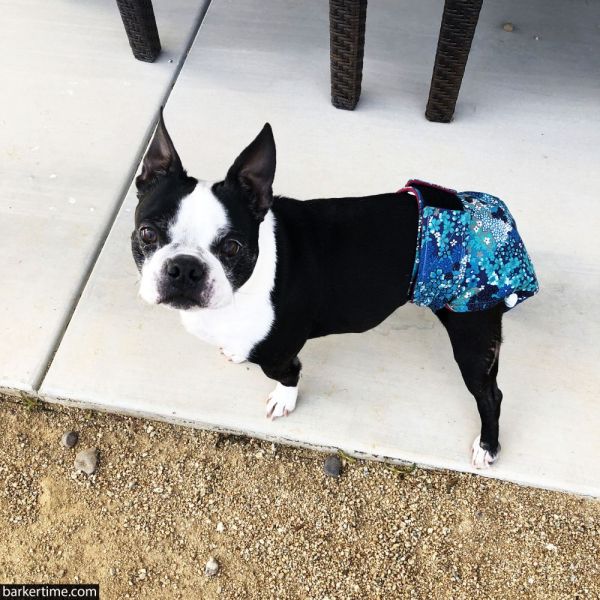
Urinary incontinence in dogs can be a fairly common problem as they continue to age. If a senior dog is having ongoing problems with full incontinence, this could be signs of a greater health issue. If your dog incessantly loses his bladder control, this may require an immediate visit to the vet to understand the underlying cause. Canine urinary incontinence is no longer a death sentence for your furry friend, thanks to advances in modern veterinary medicine and innovative incontinence products to help you care for your dog. Managing your dog’s incontinence is possible and may help you bond with your dog even more than you have.
Some of the most common causes of urinary incontinence
- Bladder infections
- Bladder stones
- Urinary tract infections
- Hormonal imbalance
- Changes to medications
- Spina bifilda
- Cancer
- Neurological problems
There are also a number of breeds that are more prone to urinary incontinence at old age such as English Sheepdogs, Doberman Pinschers, Springer Spaniels and Cocker Spaniels. There is also a greater prevalence of incontinence in middle-aged spayed females. Urinary incontinence can affect any breed, however; it can generally start when a dog reaches half their life expectancy.
Treating and managing dog incontinence
Depending on the underlying cause, your vet may prescribe antibiotics to treat the infections in the urinary tract, and usually phenylpropanolamine to aid in controlling the urine flow by strengthening the urethral. Collagen injections can tighten bladders, and the tube leading from the bladder to discharge urine. In certain cases (such as ureteral ectopia where the ureter terminates at a different site rather than the urinary bladder), a surgery may be required to correct anatomical anomalies.
Managing your dog’s urinary incontinence often involves the use of diapers and cleanup pads around the home. It is important to remember that pets experiencing urinary incontinence should not be given any type of negative reinforcement. With appropriate care and love from human owners, dogs with incontinence can still lead productive lives as a member of your family.
* As always, you should consult with your veterinarian to identify any potential underlying health issues when seeking care for your pet.

